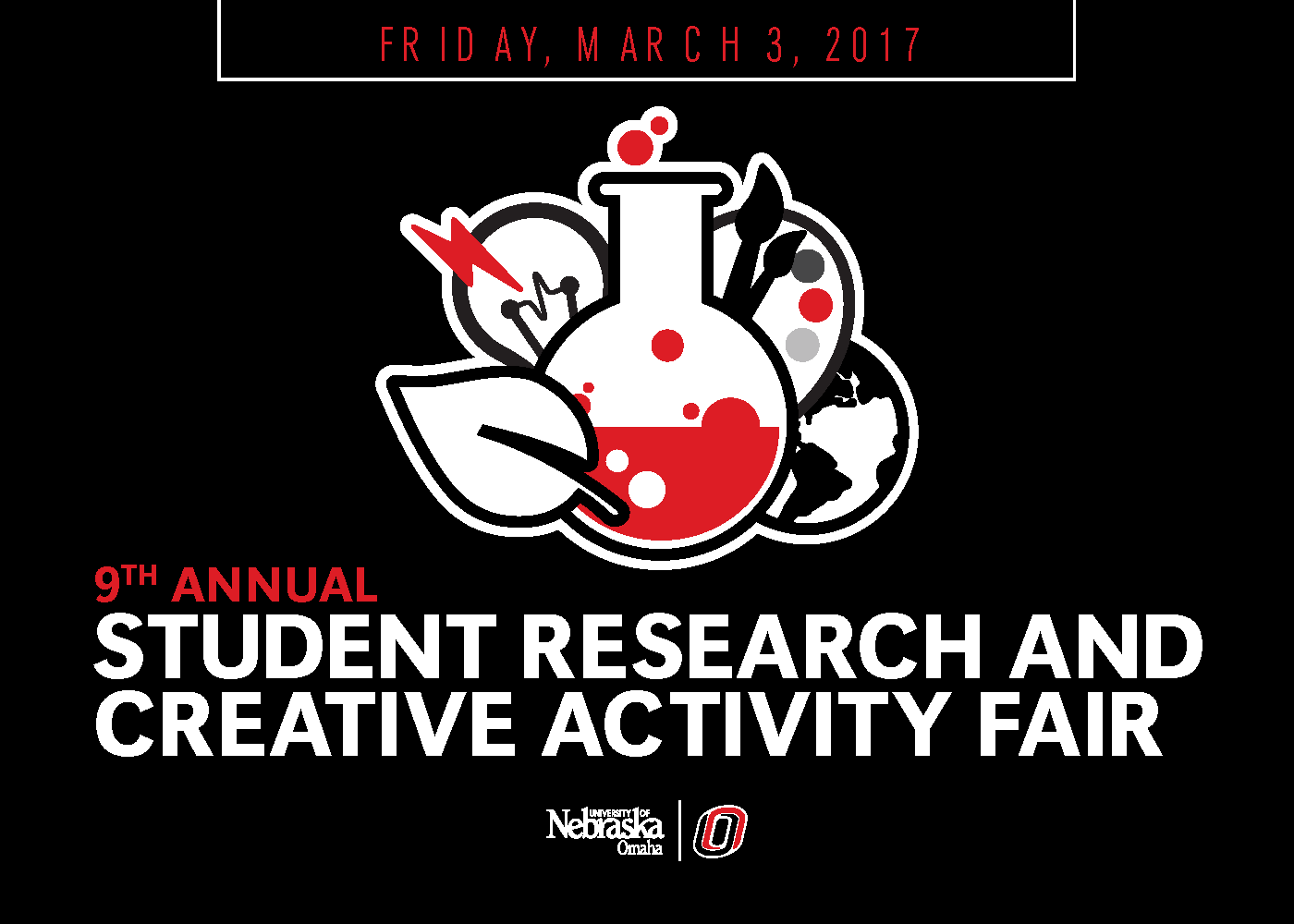
Advisor Information
Douglas C Derrick
Location
Dr. C.C. and Mabel L. Criss Library
Presentation Type
Poster
Start Date
3-3-2017 2:15 PM
End Date
3-3-2017 3:30 PM
Abstract
Many of us interact with automated agents every day (e.g., Microsoft's Cortana, Apple’s Siri, Amazon’s Alexa, etc.), and decision-makers at all levels of organizations utilize automated systems that are designed to enable better, faster, and more effective decisions. Understanding the conditions under which humans trust and rely upon automated agents recommendations is important, as trust is one of the mechanisms that allows for humans to interact effectively with a variety of teammates. Reliance and trust in automated systems is changing the way we process information, make decisions, and perform tasks. We conducted an experiment to determine the conditions and personality characteristics that affect human-machine interactions. Our analysis focused on the use of an automated decision aid in conditions of uncertainty. We also looked to see how perceptions of an automated decision aid’s ability related to human trust. Last, we explored how extraversion, a broad factor that encompasses the tendency to be energetic, affiliative, and dominant, related to perceptions of trust in the automated agent. We observed that in conditions of uncertainty, human decision outcomes moved in accordance with the recommendation of the agent. In addition, we found a correlation between perceptions of ability and user trust in the automated agent.
Quantifying Uncertainty
Dr. C.C. and Mabel L. Criss Library
Many of us interact with automated agents every day (e.g., Microsoft's Cortana, Apple’s Siri, Amazon’s Alexa, etc.), and decision-makers at all levels of organizations utilize automated systems that are designed to enable better, faster, and more effective decisions. Understanding the conditions under which humans trust and rely upon automated agents recommendations is important, as trust is one of the mechanisms that allows for humans to interact effectively with a variety of teammates. Reliance and trust in automated systems is changing the way we process information, make decisions, and perform tasks. We conducted an experiment to determine the conditions and personality characteristics that affect human-machine interactions. Our analysis focused on the use of an automated decision aid in conditions of uncertainty. We also looked to see how perceptions of an automated decision aid’s ability related to human trust. Last, we explored how extraversion, a broad factor that encompasses the tendency to be energetic, affiliative, and dominant, related to perceptions of trust in the automated agent. We observed that in conditions of uncertainty, human decision outcomes moved in accordance with the recommendation of the agent. In addition, we found a correlation between perceptions of ability and user trust in the automated agent.
